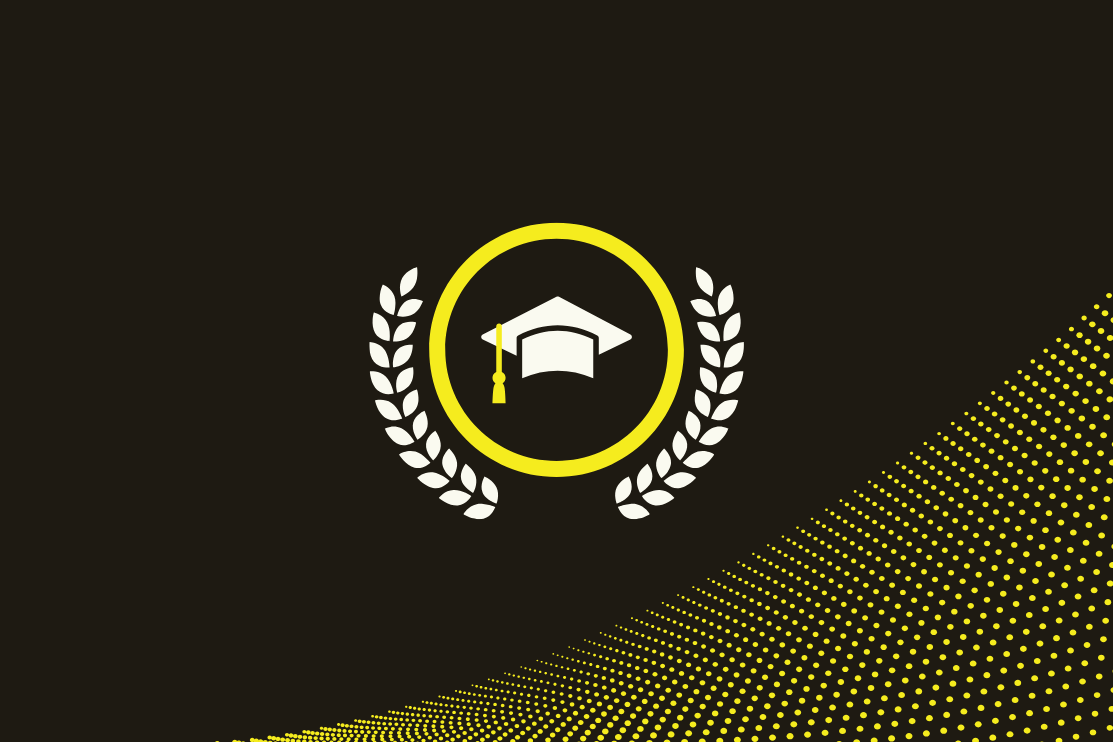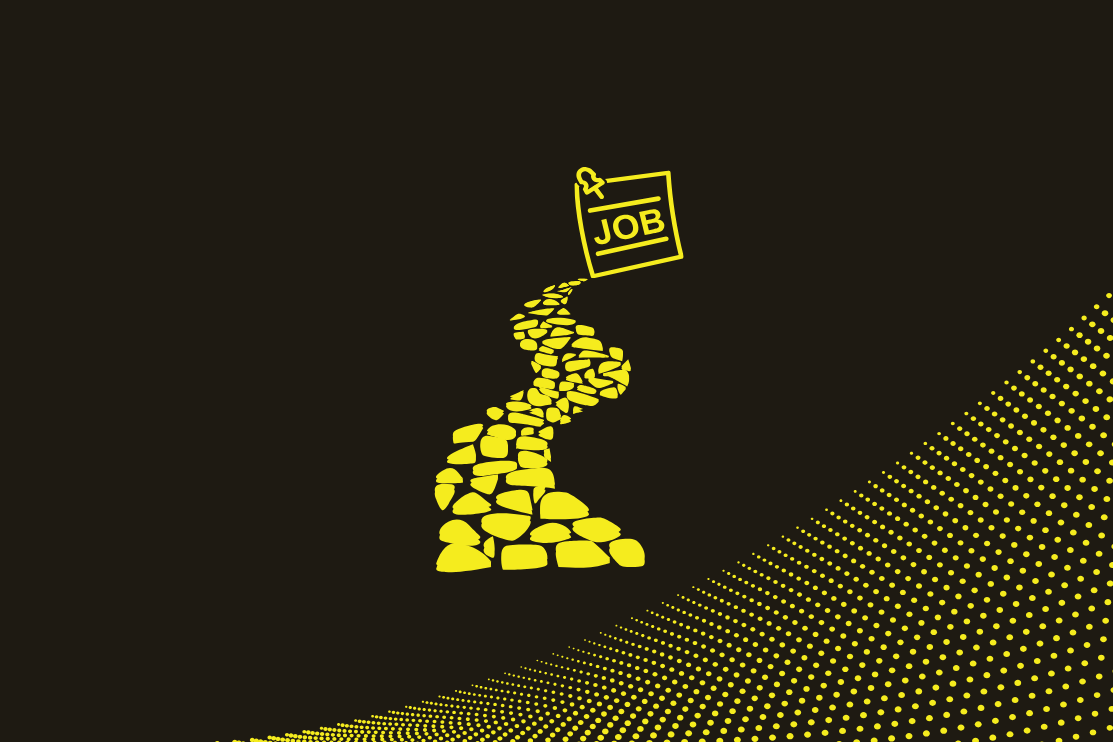Don't miss our breakout sessions!
Book time with our team on-site!
Our team is excited to meet you. Book a time that works best.


Public school counselors are burned out.
When it comes to 2021's "everything shortage", staffing deficits are a significant problem for public schools. While the lack of educators tends to understandably get the lion's share of national attention regarding how talent shortfalls affect public schools, counseling departments are not immune to the challenges of lean talent markets and attrition concerns.
What Does Burnout Mean, Anyway?
Burnout isn't just a buzzword, though it gets thrown around like one. the International Classification of Diseases -11th Revision (ICD-11) classifies burnout as an occupational phenomenon, classified by:
- Physical, mental, and emotional fatigue caused by severe, prolonged stress
- Negative feelings or feelings of cynicism related to a person's role
- Mental and emotional distancing from the function that person performs
- Reduced professional or job-related efficacy
While the ICD-11 draws a distinction between "phenomenon" and "disease", burnout has very real, very damaging effects, and some of them are physical. For instance, prolonged burnout can cause or exacerbate:
- Sleep disruptions, fatigue, and insomnia
- Chronic headaches
- Gastrointestinal distress
- Hypertension and heart disease
- Substance abuse disorders
Occupational burnout is often identified using the Maslach Burnout Inventory (MBI), which relies on self-reported assessments of 22 symptoms across five scales — emotional exhaustion, depersonalization, professional accomplishment, cynicism, and professional efficacy.
What Causes School Counselor Burnout?
Often, school counselor burnout is not just one issue but a spectrum of them. These root causes tend to cascade, exacerbating the overall problem. Staffing shortages ignite challenges in overextension, which can lead to exhaustion, resulting in decreased efficacy. Let's explore these factors in more detail.
Counselor Caseloads Are Even Larger Than Usual Thanks To Staffing Shortages
Even before the pandemic, large caseloads and fewer counselors to manage them were a driving force contributing to burnout. The American School Counselor Association (ASCA) recommends a ratio of one counselor per 250 students. In 2019, they reported that the ratio averaged 464:1 nationwide instead.
We don't yet know what those ratios look like now, but by now, we've all seen the headlines: education is having the same difficulty filling vacancies as private sector companies are.
For instance, Los Angeles Unified School District — the second largest in the country, with over 623,000 enrollees — has over 600 teaching and counseling vacancies as we speak. When you start to dig into the numbers, it can get a little grim: the 2021-22 school year budget accounted for the addition of 897 student services and attendance counselors. In August, the Los Angeles Times reported that, with just five days before the start of the school year, only 18% of those roles had been filled.
The district had also hoped to add 50 mental health professionals. As of that reporting in August, they still were.
Your district doesn't have full-time enrollment rates over half a million for you to relate to the problem described here. Staff shortages like these mean that caseloads have climbed even higher as retained staff attempt to shoulder the burden of the workload represented by that shortfall.
But wait, there's more.
(Sorry.)
Non-Counseling Duties Eat Up Time And Energy In The Counseling Department
In a "normal" year, school counselors report lower job satisfaction and higher burnout when assigned ancillary or even inappropriate duties outside of the scope of their role. This year, counselors are taking on even more of those tasks as school districts work to tap the already lean talent market to fill everything from principal vacancies and custodial team openings.
As these circumstances force school districts to do more with fewer resources, school staff are the pinch-hitters, picking up lunchroom duty, hall monitoring, and administrative tasks. And while the clerical task load associated with meeting reporting mandates is a known contributor to occupational stress and burnout for counselors, many of those tasks are counseling-adjacent.
This year, school counselors aren't just managing manual tasks like data entry. They're stepping outside of their expertise entirely, sometimes doubling their workload while cutting the time they have to do it in as much as half.
{{cta('3f9b794a-41c5-48e8-a587-9fb220550053','justifycenter')}}
How Counselors Can Combat Burnout And Occupational Stress
If "burnout" has become a buzzword, then "self-care" is a term that has jumped the buzzword shark. It's essential to return it to its original meaning to alleviate burnout in the counseling department. In fact, ASCA considers self-care to be an ethical imperative because:
"If school counselors are working with impairment, instead of identifying any liabilities to their students' success, a burned-out school counselor becomes the liability."
Part of the problem is that lately, self-care comes packaged in the visual language of luxury spas and yoga retreats. The reality of self-care is a lot less about bubble baths and zen gardens than it is about perspective-taking and having an action plan:
Take Stock Of Your Mental, Emotional, And Physical State Early And Often
Stress tends to creep. Connecting the dots between our persistent 3:00 PM headaches, snapping at family members, and a growing feeling of dread on Sunday nights to occupational stress isn't always easy to do. When those things come on gradually or inconsistently, it's even harder to identify what's going on.
It's essential to check in with yourself before stress makes it impossible to do so objectively. It's relatively simple to identify what burnout feels like, but can you recognize the warning bells that start to ring in the weeks or months before you get there?
Cultivate A Professional Support System
Drawing on peers' expertise and emotional support can provide school counselors with coping methods and mutual advocacy. But it should also include someone you respect professionally who is willing to challenge your outlook when necessary.
A major burnout red flag is cynicism, which can hinder our ability to move forward and create a negative, "what's the point?" feedback loop that can not possibly serve students or counselors themselves well at all. Find someone who knows how and when to encourage you to confront your perspective when it's clouded by stress and recalibrate your approach.
Develop An Ongoing Anti-Burnout Action Plan
What do you do outside of work to manage stress before it snowballs into full-blown burnout, and how will you make sure that you maintain it as your plate fills up? Personal counseling, sleep hygiene, and physical activities are essential, but anyone grappling with work stress can tell you that going from prescriptive to actionable can feel almost impossible.
Know how to engage with the aspects of your life that recharge your batteries and keep you in good working order before you need to. It increases the likelihood that you will prioritize them when the time comes.
Assume Responsibility For Communicating Your Needs At Work
In school communities, the needs of the professionals working within it are directly tied to the needs of the students they serve. How are those needs being communicated to the people who are best positioned to meet them? If you're having trouble initiating that conversation, knowing that the ultimate beneficiary will be the student may help.
When plates are full and stress is high, it's easy to get frustrated that no one is stepping in to fix the things that feel so obviously broken. It might seem like "just one more thing to do" but working proactively to communicate what is and isn't working pays off in the long term. Ask yourself what the driving force behind occupational stress and burnout is. Be specific:
- As a professional community, we don't define the role of the counselor explicitly, leading to extraneous or inappropriate duties
- As a department, our recording and reporting processes are disparate and tedious. They are spread out over a combination of Google Docs, spreadsheets, and endless paper files
- In our building, communication lags, leaving room for assumptions or rumor-spreading that lowers morale even further and causes confusion
- Within my caseload, family engagement is low or contact information is outdated. I could really use the backup so students stay on track.
After you ask yourself and colleagues what's at the root of burnout, think about what solutions are available and realistically implemented, and then communicate them. As an individual or a team, you can make your case for change once you have a solution to present alongside a problem. Perhaps there's a need for a universal definition or cross-departmental agreement on the role of the counselor. If you can think of a more effective communication plan, share it! If, as a last resort, you come to understand that you must move on, you can do it knowing that you've done everything you can to be proactive, effective, and student-centered.
SchooLinks can supercharge the support counselors give students by streamlining operations, universalizing reporting, and facilitating family communication and engagement, all from the same place. Combat school counselor burnout with the modern college and career readiness platform that makes it possible to make the most impact — no spreadsheet expertise necessary.
Related Posts
See All





